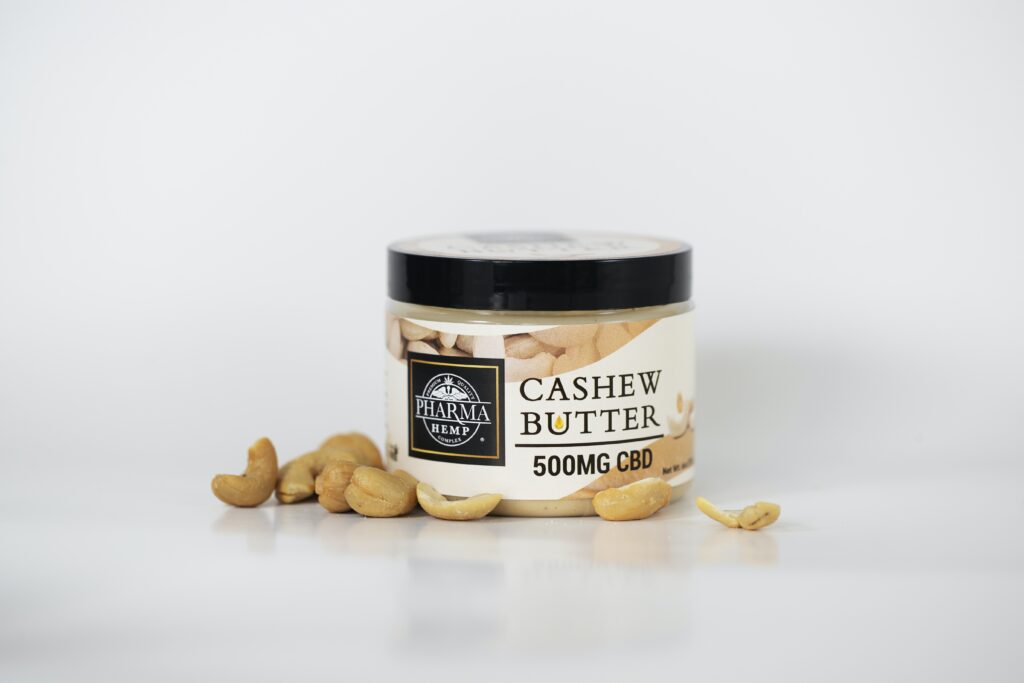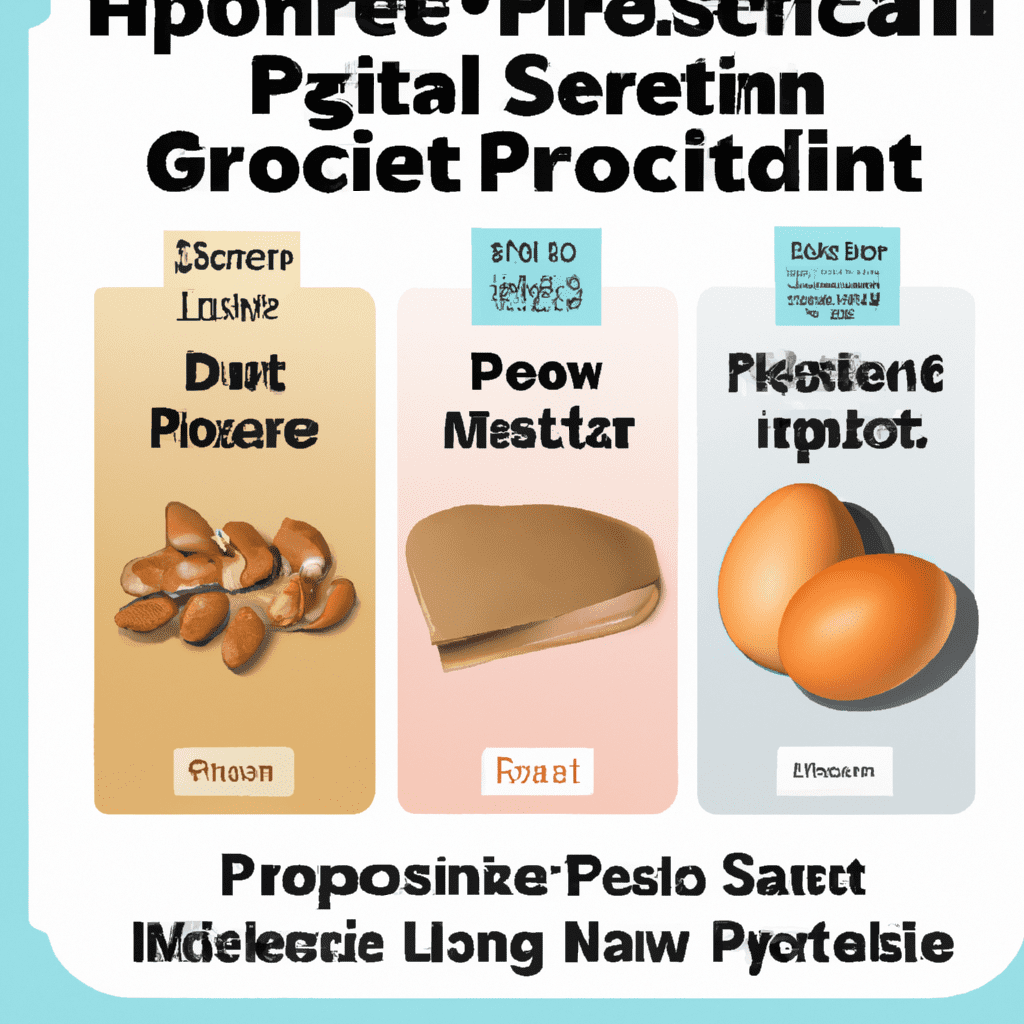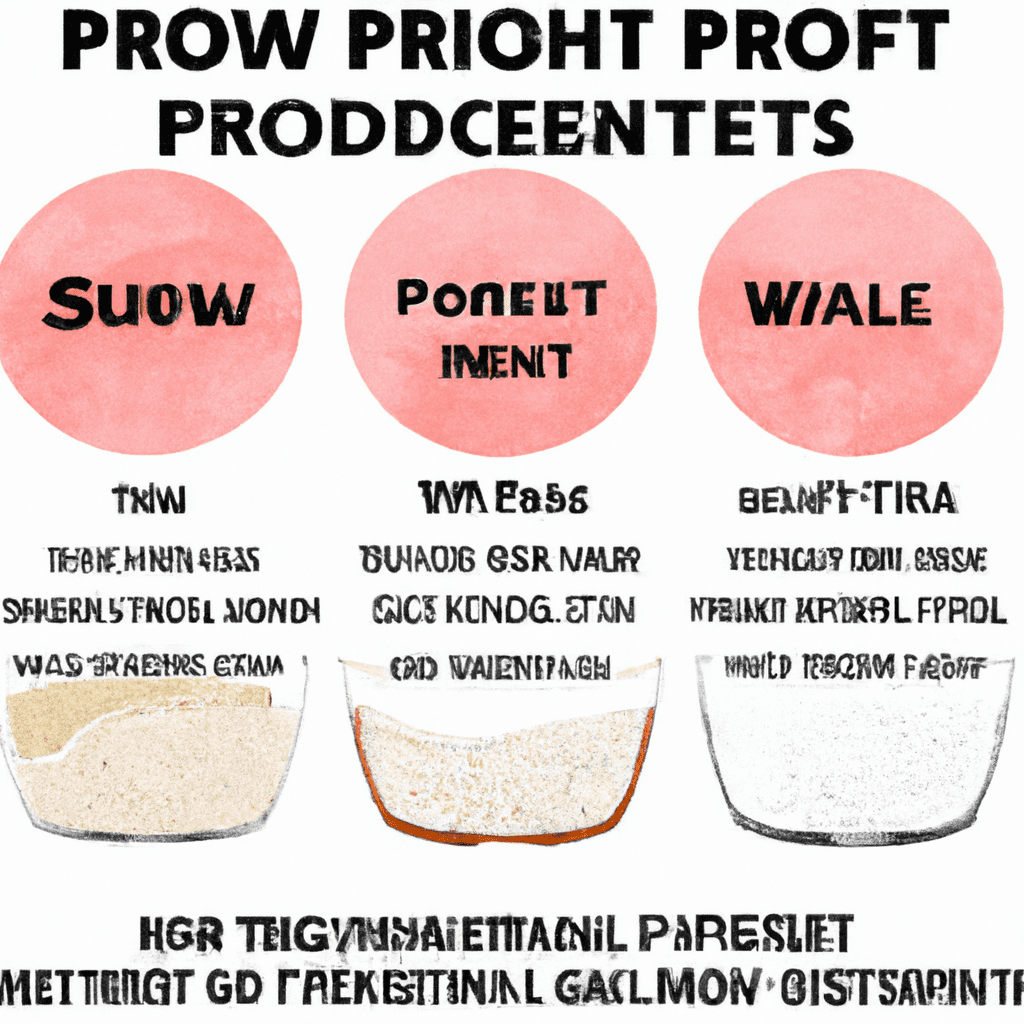



Ladies and gentlemen, have you ever wondered about the power of protein when it comes to shedding those unwanted pounds? Well, look no further! In this article, we will unravel the secrets of a protein diet for weight loss, giving you a clear understanding of how this nutrient can be your best friend on your journey to a healthier and fitter lifestyle.
So prepare to be amazed as we uncover the science behind protein and its remarkable benefits for achieving your weight loss goals.
What is a Protein Diet
A protein diet, also known as a high-protein diet, is a type of eating plan that focuses on consuming foods that are high in protein. It involves increasing your protein intake while reducing the consumption of carbohydrates and fats.
The purpose of a protein diet is to promote weight loss, improve body composition, increase muscle mass, and enhance overall health.
Definition
A protein diet is a way of eating that emphasizes the intake of foods that are rich in protein. Protein is one of the three macronutrients, along with carbohydrates and fats.
It is essential for the growth and repair of cells, tissues, and organs in our bodies. In a protein diet, protein becomes the main source of calories, providing the body with the necessary building blocks for various functions.
Purpose
The purpose of a protein diet is primarily to promote weight loss. Protein-rich foods have been shown to suppress appetite and increase satiety, leading to reduced calorie intake.
By consuming more protein and fewer carbohydrates and fats, the body is forced to use stored fat as a source of energy, resulting in weight loss. Additionally, a protein diet can help improve body composition, increase muscle mass, and enhance overall health.
How Does a Protein Diet Work
Metabolism and Energy
Protein is an essential macronutrient that plays a crucial role in the body’s metabolism and energy production. When we consume protein-rich foods, our bodies break down the protein into amino acids, which are then used to build and repair tissues and organs.
The process of digesting and metabolizing protein requires more energy compared to carbohydrates and fats, leading to an increase in energy expenditure.
Muscle Building and Repair
Protein is vital for muscle building and repair. During exercise, our muscles undergo microscopic damage, and protein is needed to repair and rebuild these damaged muscle fibers. By increasing protein intake, especially after a workout, we provide our bodies with the necessary amino acids to support muscle recovery and growth.
Satiety and Appetite Control
One of the key factors that make a protein diet effective for weight loss is its ability to increase satiety and control appetite. Protein-rich foods have been shown to reduce hunger and cravings, keeping us feeling full for longer periods. This can prevent overeating and help maintain a calorie deficit, which is crucial for weight loss.
Benefits of a Protein Diet
Effective Weight Loss
One of the significant benefits of a protein diet is its effectiveness for weight loss. By increasing protein intake and reducing carbohydrates and fat, the body is forced to use stored fat as a source of energy. Additionally, protein-rich foods increase satiety and help control appetite, leading to reduced calorie intake and a greater likelihood of achieving a calorie deficit, essential for weight loss.
Improved Body Composition
A protein diet can contribute to improvements in body composition. When combined with regular exercise, a high-protein diet can help increase muscle mass while reducing body fat. This can result in a leaner and more toned physique. Protein also plays a crucial role in preserving muscle mass during weight loss, ensuring that the majority of weight loss comes from fat rather than muscle.
Increased Muscle Mass
Protein is essential for muscle growth and maintenance. By following a protein diet and consuming adequate protein, individuals can optimize muscle protein synthesis, leading to increased muscle mass.
This is especially beneficial for those who engage in resistance training or strength training exercises, as protein is necessary for muscle repair and recovery.
Better Overall Health
A protein diet can have positive effects on overall health. Protein is involved in various physiological processes, including hormone production, enzyme synthesis, and immune function.
Additionally, a high-protein diet can help regulate blood sugar levels and reduce the risk of type 2 diabetes. It can also improve bone health and support cardiovascular health by reducing blood pressure and cholesterol levels.
Types of Protein for Weight Loss
Animal-Based Proteins
Animal-based proteins are excellent sources of high-quality protein. They contain all the essential amino acids our bodies need and have a high biological value, meaning they are easily absorbed and utilized by the body.
Examples of animal-based proteins include lean meats like chicken, turkey, beef, and pork, as well as fish, eggs, and dairy products such as milk, yogurt, and cheese.
Plant-Based Proteins
Plant-based proteins can also be included in a protein diet for weight loss. While plant-based proteins may not provide all the essential amino acids on their own, they can still be combined to form a complete protein source.
Good sources of plant-based proteins include legumes (such as beans, lentils, and chickpeas), tofu, tempeh, seitan, quinoa, and various nuts and seeds.
Protein Supplements


Protein supplements, such as whey protein powder or plant-based protein powders, can be an efficient and convenient way to increase protein intake.
These supplements are highly concentrated sources of protein, typically containing 20-30 grams of protein per serving. They can be added to smoothies, shakes, or even used in baking recipes to increase protein content.
Recommended Daily Protein Intake
General Guidelines
The recommended daily protein intake varies depending on factors such as age, sex, weight, physical activity level, and overall health. However, a general guideline for adults is to consume 0.8 grams of protein per kilogram of body weight.
For example, an individual who weighs 68 kilograms (150 pounds) would need approximately 54 grams of protein per day. However, individuals who are physically active, engage in regular exercise, or are looking to build muscle may require higher protein intake.
Factors Affecting Protein Needs
Several factors can influence an individual’s protein needs. These include age, sex, weight, physical activity level, and specific goals (such as weight loss or muscle building).
Older adults may require higher protein intake to support muscle maintenance and prevent muscle loss associated with aging. Additionally, endurance athletes and individuals engaged in intense strength training may also need increased protein intake to support performance and muscle recovery.
Calculating Protein Requirements
To calculate protein requirements, simply multiply your weight in kilograms by the recommended protein intake per kilogram. For example, if an individual weighs 68 kilograms and wants to consume 1.2 grams of protein per kilogram of body weight, they would need approximately 81.6 grams of protein per day.
Protein Diet and Exercise
Pre-Workout Protein
Consuming protein before a workout can provide the body with the necessary amino acids to support muscle performance and prevent muscle breakdown.
This can be especially beneficial for individuals engaged in strength training or high-intensity workouts. Good sources of pre-workout protein include lean meats, eggs, Greek yogurt, and protein shakes or smoothies.
Post-Workout Protein
Consuming protein after a workout is crucial for muscle repair and recovery. During exercise, our muscles undergo microscopic damage, and protein is needed to repair and rebuild these damaged muscle fibers.
Consuming protein within an hour after a workout can optimize muscle protein synthesis and enhance recovery. Good sources of post-workout protein include lean meats, fish, poultry, eggs, dairy products, and protein supplements.
Protein for Endurance Athletes
Endurance athletes, such as long-distance runners or cyclists, may require additional protein to support their training and recovery. Protein can help prevent muscle breakdown and promote muscle repair.
Including protein-rich foods in meals and snacks throughout the day, as well as using protein supplements when necessary, can help ensure adequate protein intake for endurance athletes.
Protein for Strength Training


Strength training exercises require protein for optimal muscle growth and repair. Individuals engaged in strength training should aim to consume high-quality protein sources to support muscle recovery and growth.
Lean meats, fish, poultry, eggs, dairy products, and protein supplements can all be incorporated into a protein diet for strength training purposes.
Risks and Considerations
Kidney Function
There is a common misconception that a high-protein diet can be detrimental to kidney function. While individuals with pre-existing kidney conditions should consult a healthcare professional before making significant changes to their protein intake, there is little evidence to suggest that a high-protein diet is harmful to healthy individuals without kidney issues.
Digestive Issues
Some people may experience digestive issues when increasing protein intake, such as bloating, gas, or constipation. This can often be resolved by slowly increasing protein intake and ensuring adequate fluid intake.
Additionally, choosing high-quality protein sources and incorporating a variety of protein-rich foods can help prevent digestive discomfort.
Nutrient Imbalances
When following a protein diet, it’s essential to ensure a balanced intake of all essential nutrients. While protein is crucial, it’s also important to consume an adequate amount of carbohydrates and healthy fats, as well as vitamins and minerals from fruits, vegetables, and whole grains.
A well-rounded and varied diet is key to preventing nutrient imbalances and promoting overall health.
Sample Protein Diet Plan
Breakfast
- Scrambled eggs with vegetables and a side of avocado.
- Greek yogurt with berries and a sprinkle of nuts or seeds.
- Protein pancakes made with protein powder, oats, and eggs.
Lunch
- Grilled chicken or tofu salad with mixed greens, vegetables, and a light vinaigrette dressing.
- Quinoa and roasted vegetable bowl with a side of grilled salmon or tempeh.
- Chickpea or lentil soup with a side of whole grain bread.
Snacks
- Hard-boiled eggs or egg muffins.
- Protein smoothie made with protein powder, fruits, and almond milk.
- Greek yogurt with a drizzle of honey and a handful of almonds or walnuts.
Dinner


- Grilled steak or portobello mushroom with roasted vegetables and a side of quinoa or sweet potato.
- Baked salmon or tofu with steamed broccoli and brown rice.
- Turkey or black bean chili with a side of mixed greens.
Tips for Success on a Protein Diet
Choose High-Quality Protein Sources
Opt for lean meats, fish, poultry, eggs, dairy products, and plant-based proteins such as legumes, tofu, and quinoa. These sources provide high-quality protein and essential nutrients.
Balance Macronutrients
While protein is important, it’s crucial to also consume adequate carbohydrates and healthy fats. Aim for a well-rounded diet that includes a variety of whole grains, fruits, vegetables, nuts, and seeds.
Stay Hydrated
Protein metabolism requires water, so it’s essential to stay hydrated when following a protein diet. Aim to drink enough water throughout the day to support optimal bodily functions.
Listen to Your Body
Pay attention to your hunger and fullness cues. While a protein diet can be effective for weight loss, it’s important to listen to your body’s needs and eat when hungry. Restricting calories too much can be counterproductive in the long run.
Conclusion


In conclusion, a protein diet can be an effective strategy for weight loss, improved body composition, increased muscle mass, and better overall health.
By focusing on consuming foods that are high in protein, individuals can enjoy the benefits of increased satiety, enhanced metabolism, and improved muscle recovery. It’s important to choose high-quality protein sources, balance macronutrients, and listen to your body’s needs for successful and sustainable results.
Remember to consult a healthcare professional or registered dietitian before making any significant dietary changes to ensure it aligns with your individual needs and health goals.







